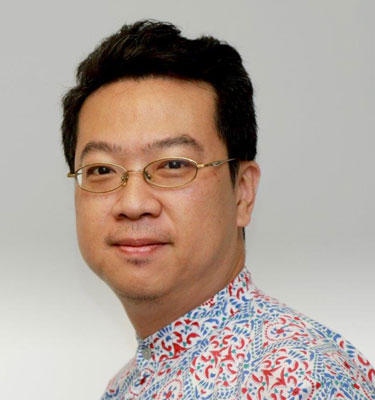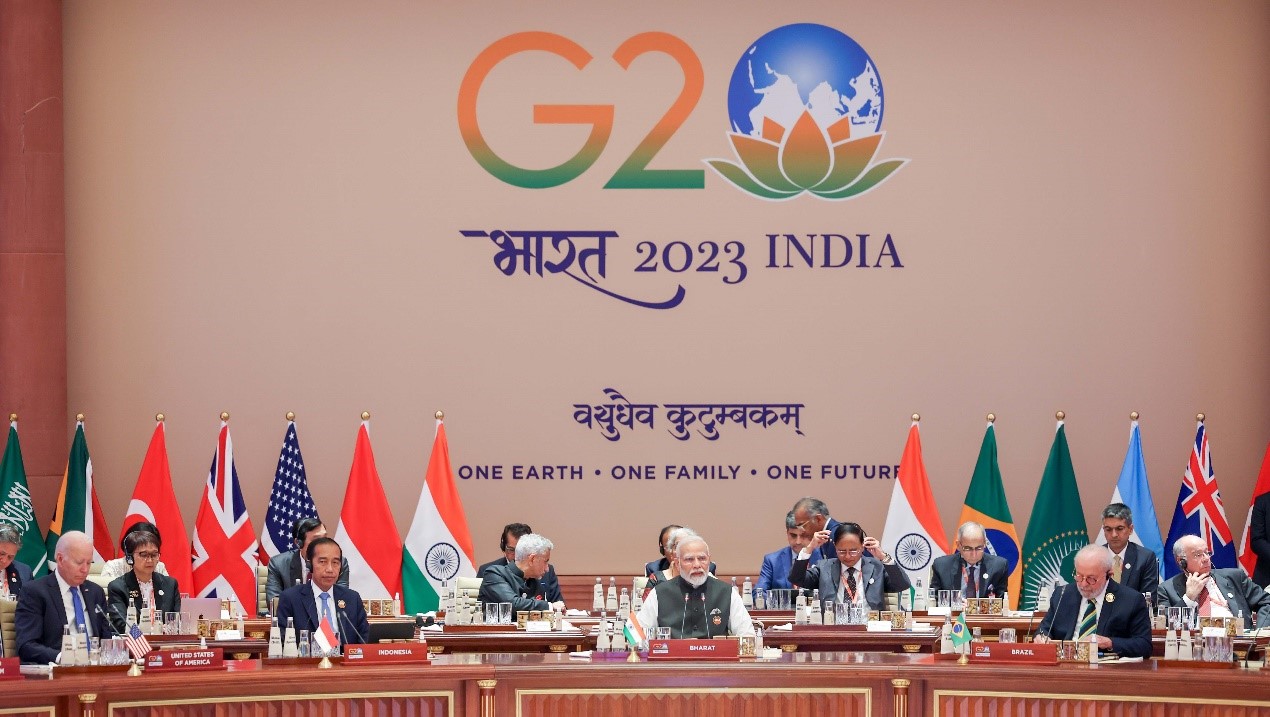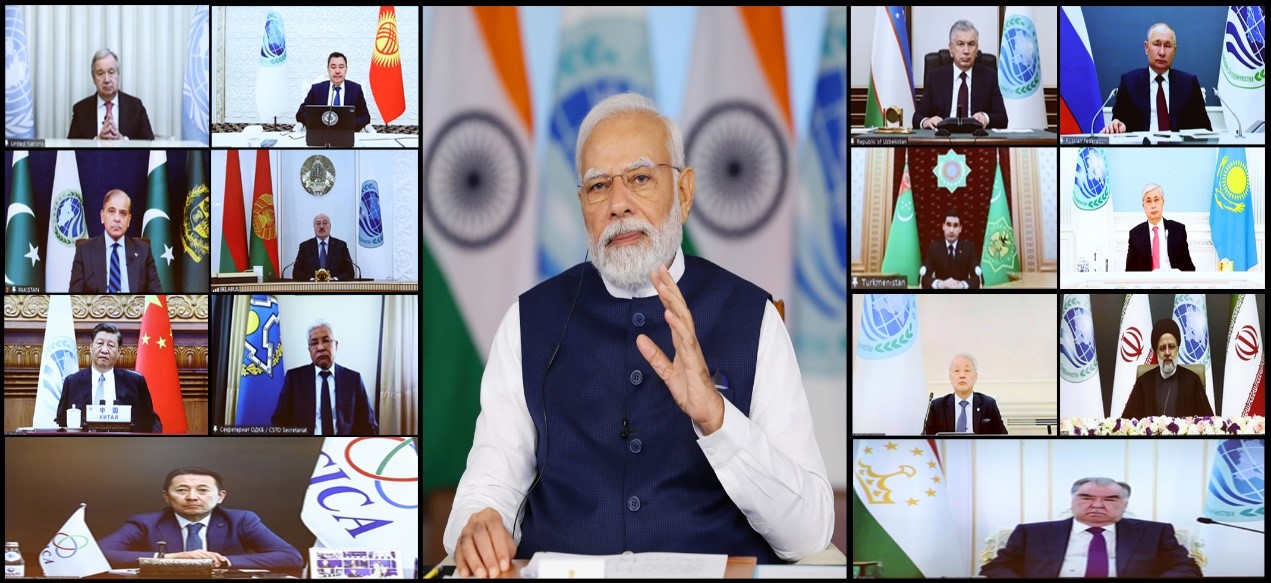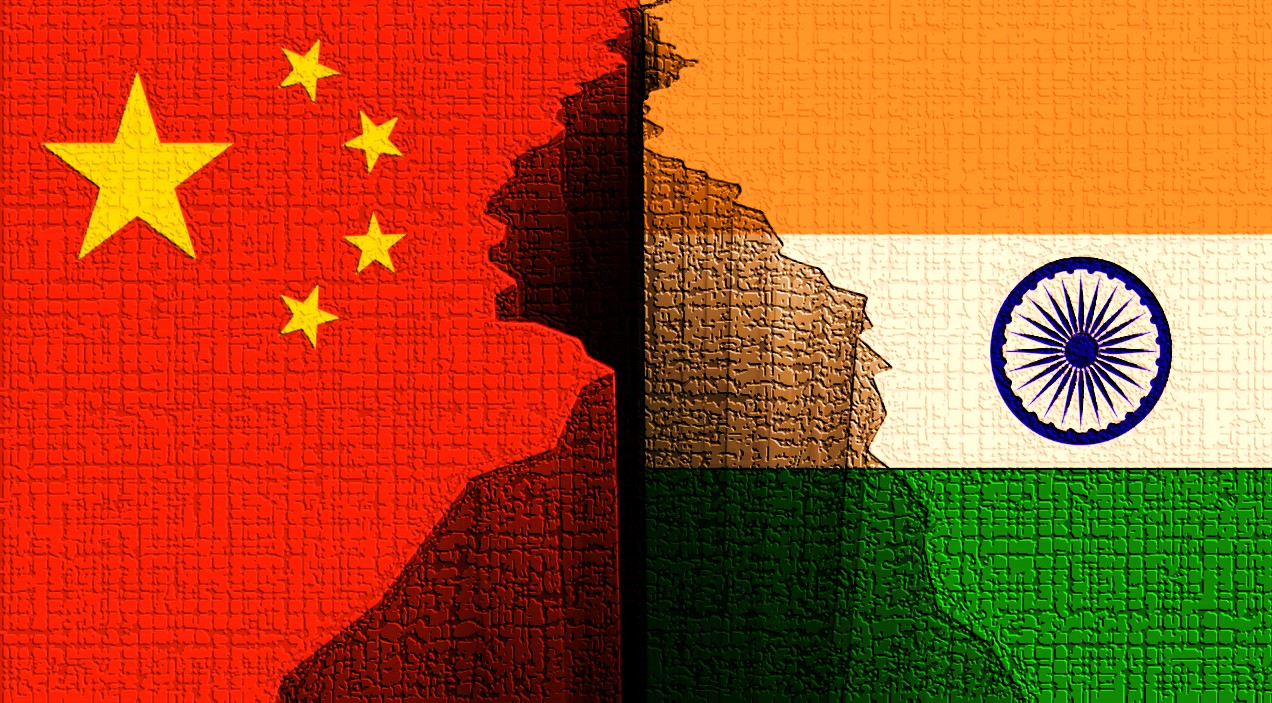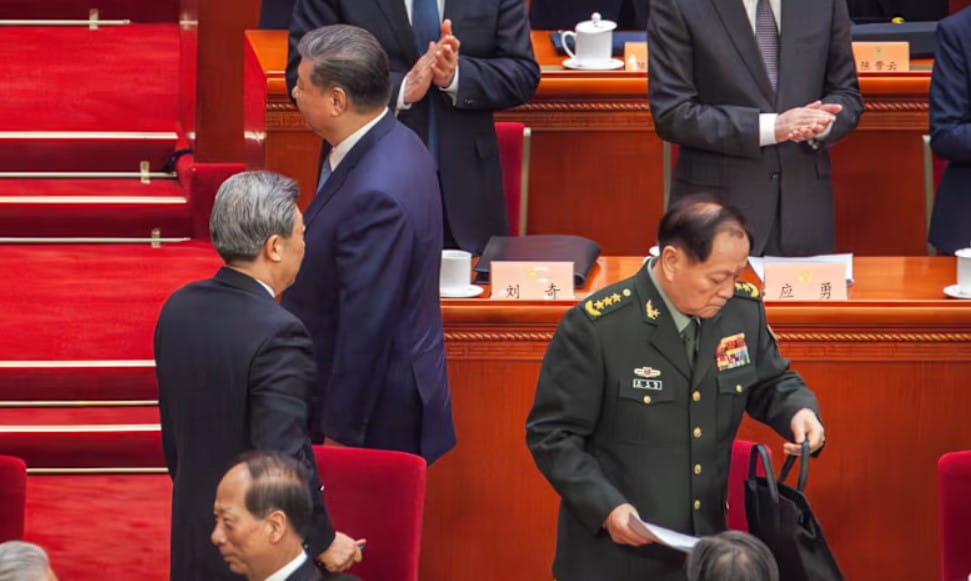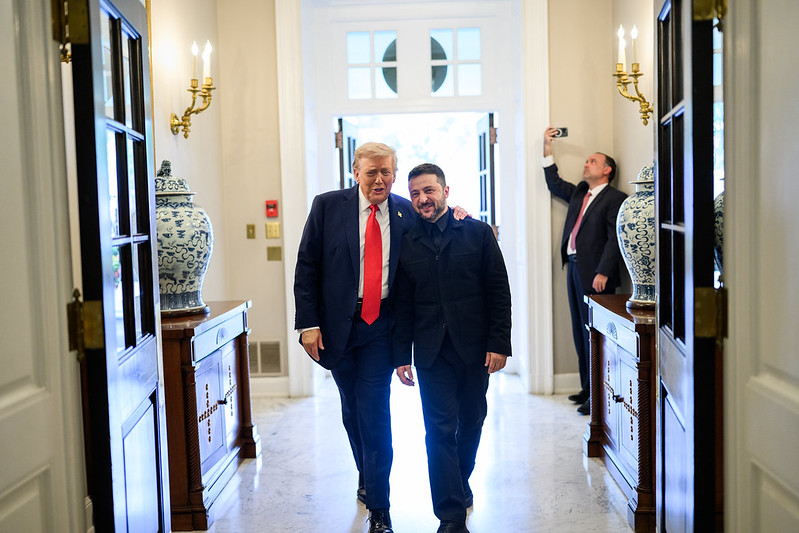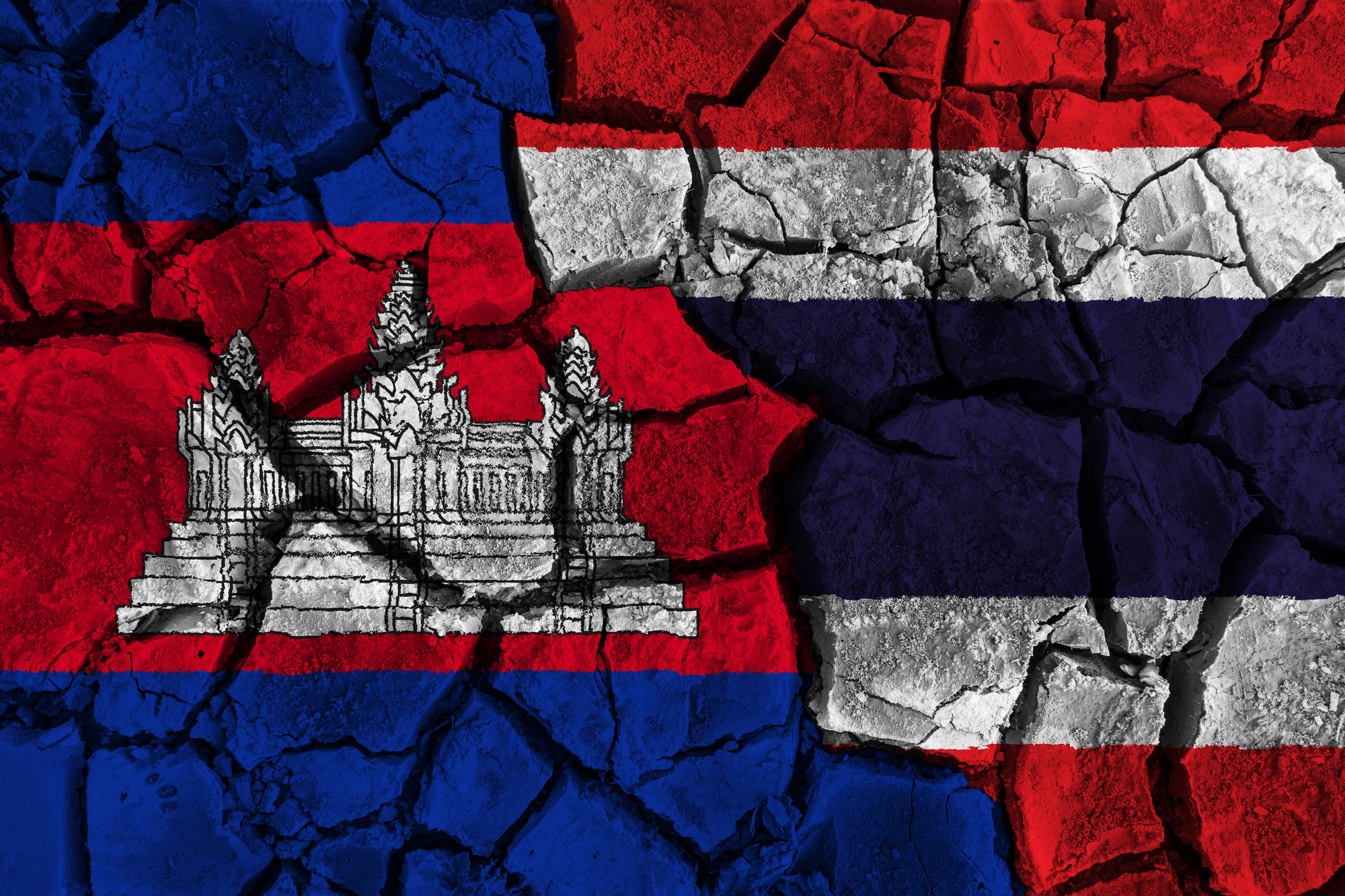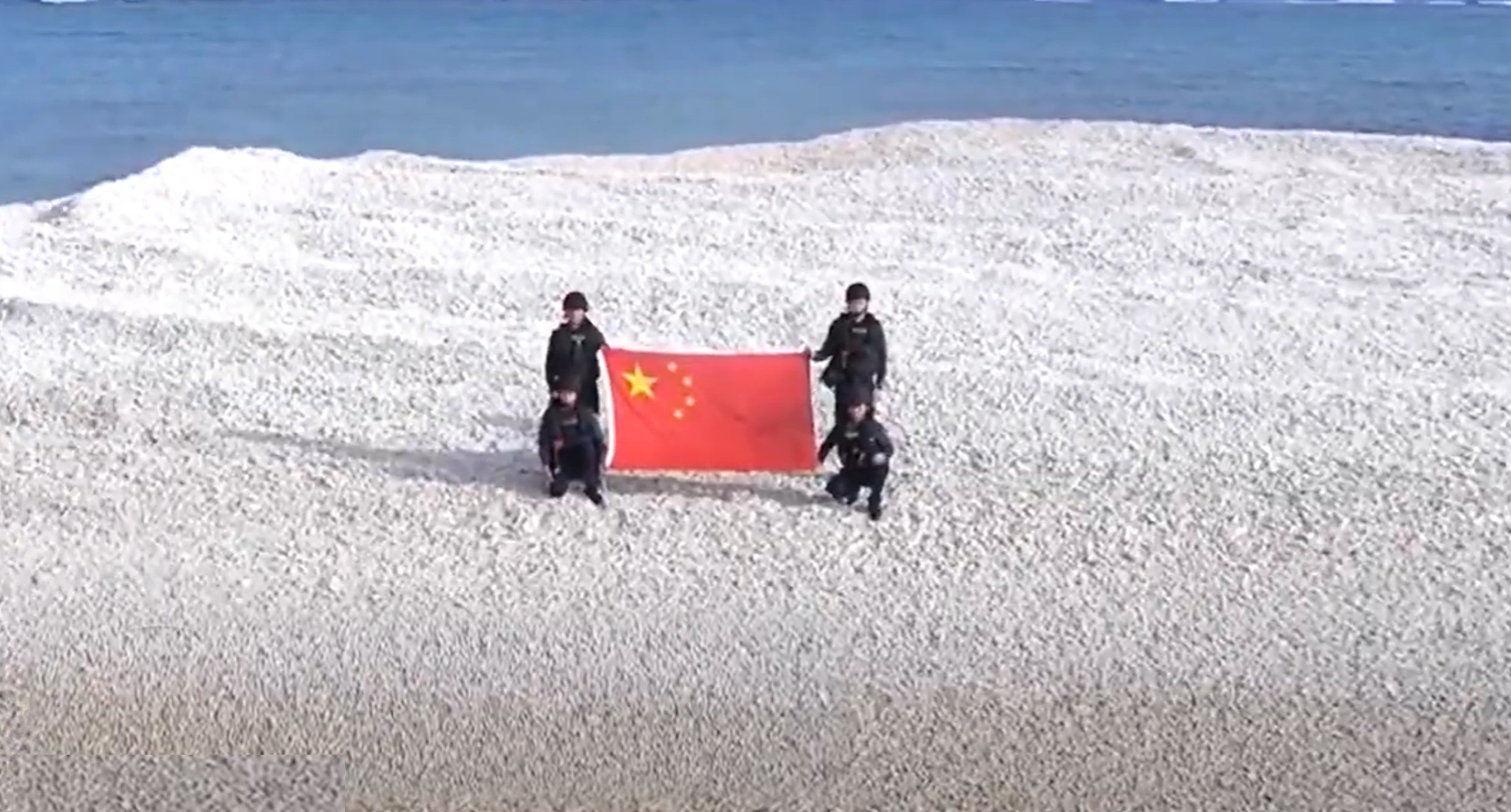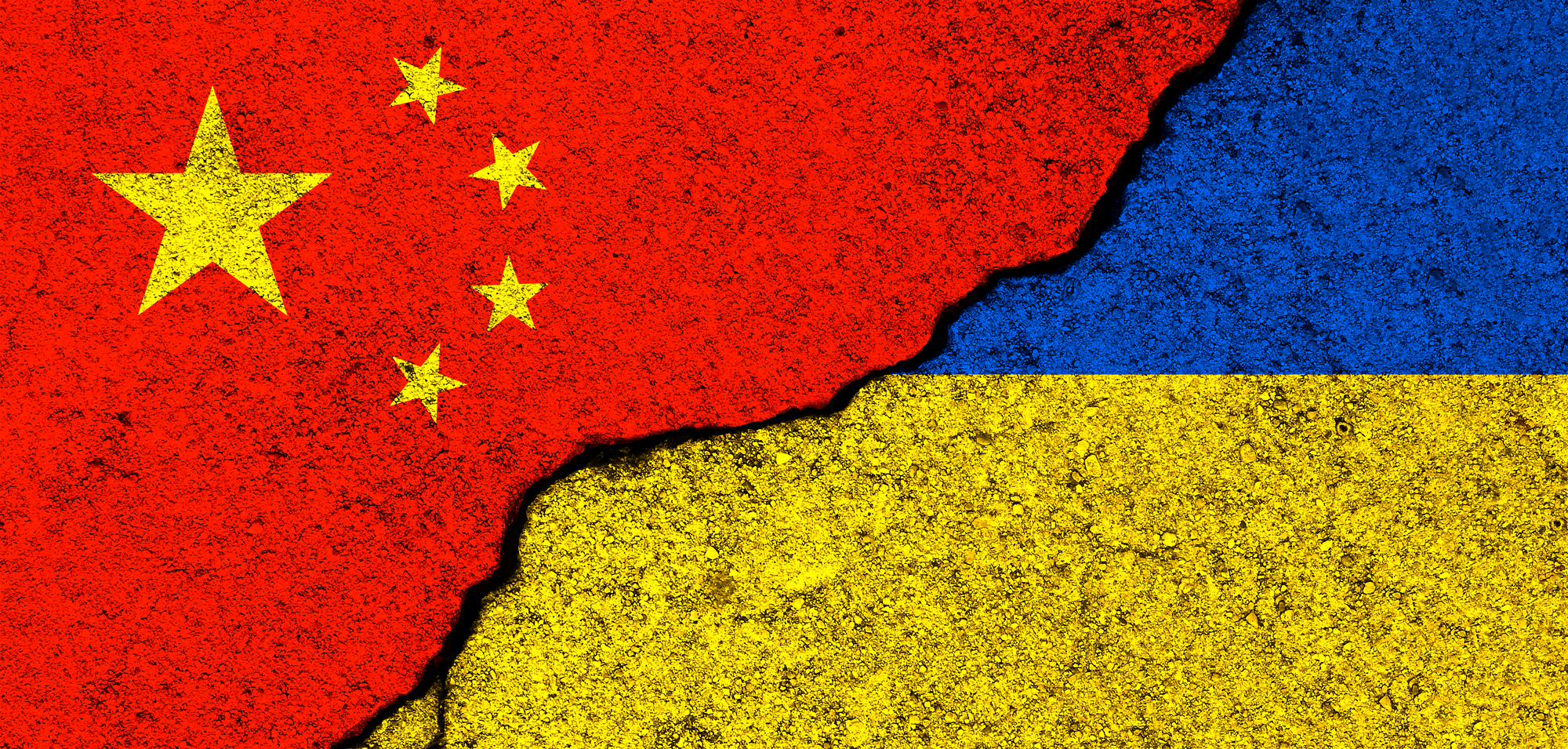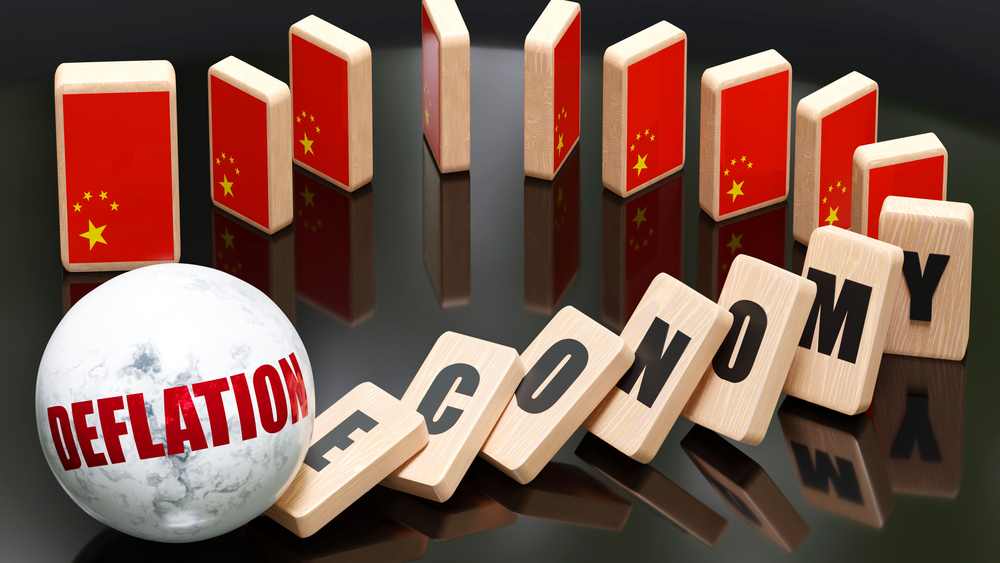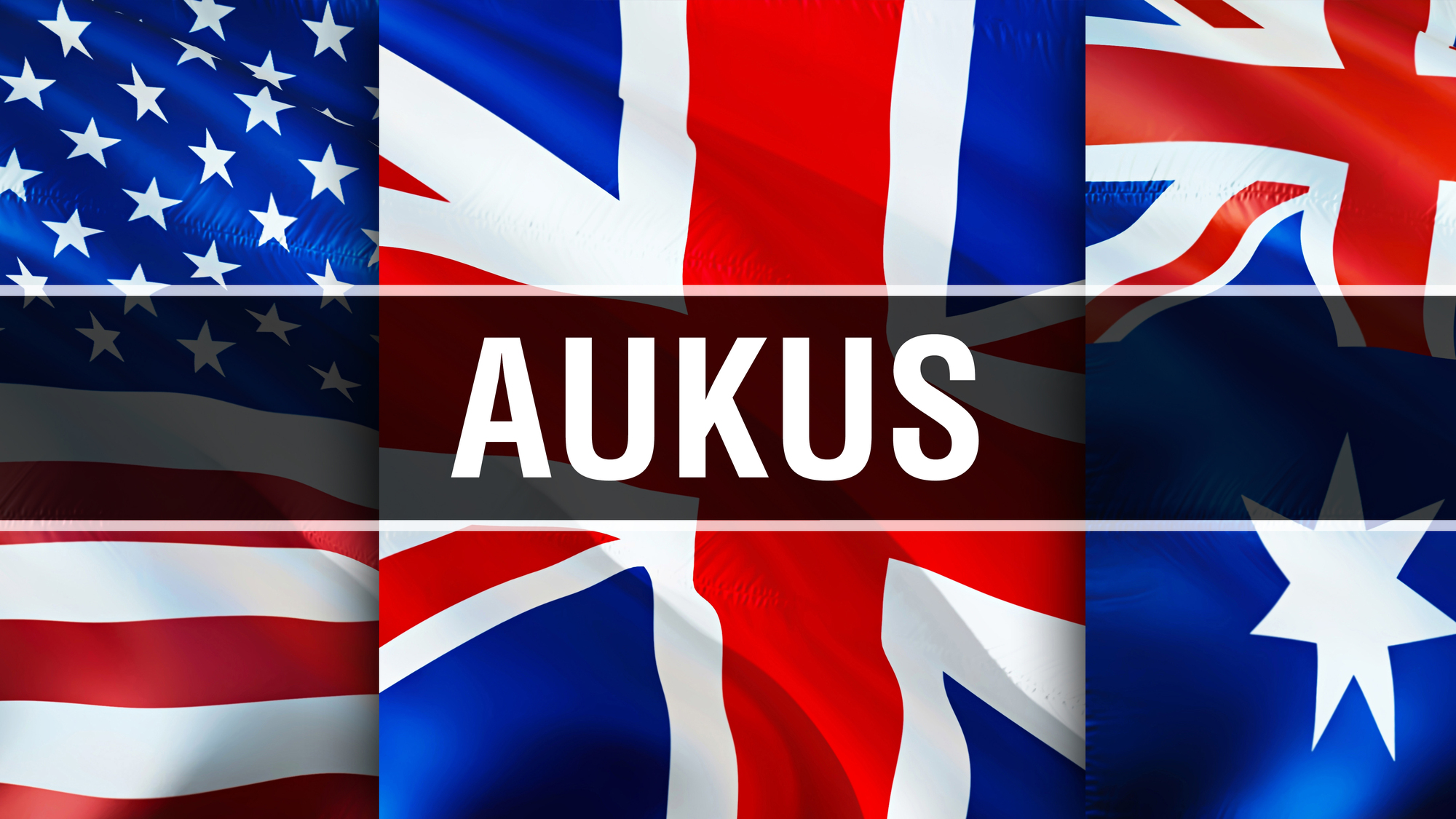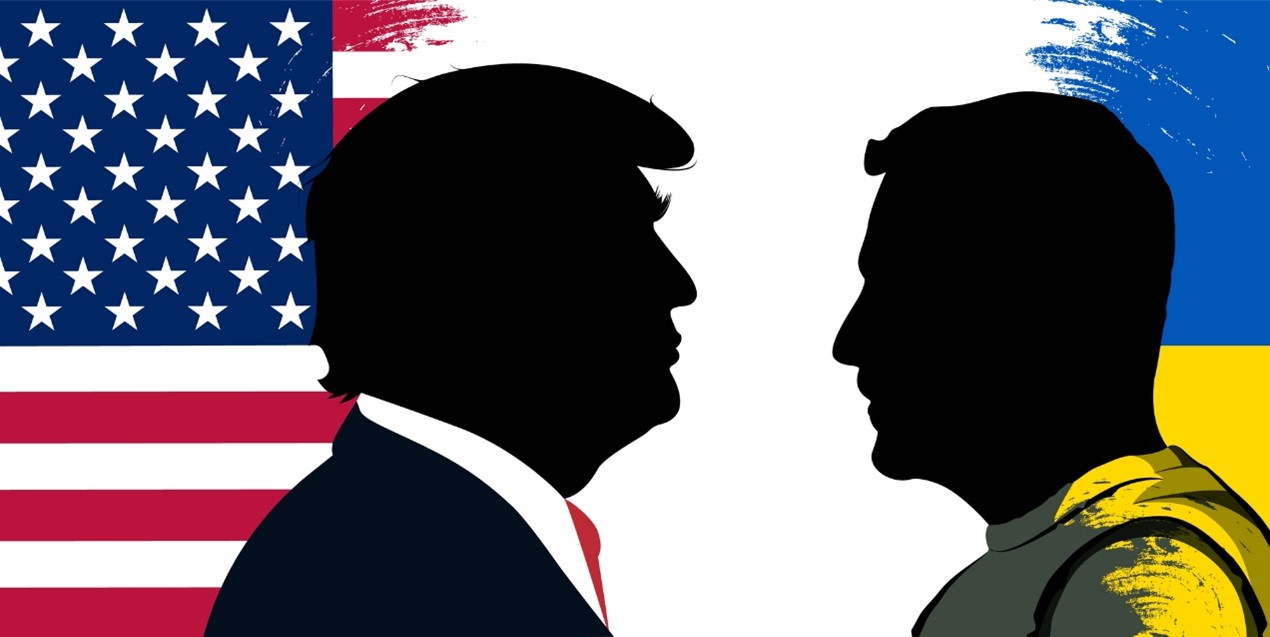The G20 Summit: A Historic Success of India’s Multilateral Diplomacy and its Geopolitical Implications
The year 2023 is a year of consolidation for India, marked especially by serving the presidency of G20. The diplomatic success achieved by India has greatly boosted its national image, state capacity, and popular mobilization to a historical height. Picture source: G20 Secretariat, Government of India, September 9-10, 2023, G20, https://www.g20.org/en/media-resources/gallery/september-2023/g20-summit/.
Prospects & Perspectives No. 55
The G20 Summit: A Historic Success of India’s Multilateral Diplomacy and its Geopolitical Implications
By Roger C. Liu
The year 2023 is a year of consolidation for India, marked especially by serving the presidency of G20. Like the theme inspired by the Maha Upanishad “Vasudhaiva Kutumbakam,” or “One Earth, One family, One Future,” the diplomatic success achieved by India has greatly boosted its national image, state capacity, and popular mobilization to a historical height.
A Stronger BJP at Home: Nationalistic but Closer to the West
The G20 Summit was not just another diplomatic event for the bureaucrats in the South Block of the Raisina Hill, but indeed a national festival resembling an elongated Summer Olympics for Indian society. Since December 2022, at least over 200 meetings took place across more than 50 cities, showcasing the tangible achievements of the ruling Bharatiya Janata Party (BJP) to the Indian populace. These events not only invigorated the surrounding economy but also bolstered the national and international reputation of both Prime Minister Narendra Modi and the BJP.
However, the G20 Delhi Summit saw New Delhi under a three-day lockdown, leading to an economic setback of around US$1.2 billion. Despite this, the cumulative impact of the conferences surrounding the G20 Summit left a profound impression on the Indian people. This period also sparked significant discussions, with the Indian right-wing proposing a name change for the country to Bharat — the ancient name from Mahabharata — setting the stage for key nationalistic debates in the upcoming 2024 general election.
The strategic use of the G20 platform by the current government epitomizes the BJP’s political acumen, hinting at a potential national triumph for the BJP in 2024. This could pave the way for Modi’s anticipated third term as prime minister.
In the realm of international diplomacy, the astute efforts of Modi, his chief diplomat S. Jaishankar, and the seasoned officials at the Ministry of External Affairs have been instrumental in enhancing India’s global image. This has bolstered national pride, deeply rooted in Hindu culture and traditions, among the Indian citizenry.
India’s New Image as the Bridge between North and South
Positioning itself as a nexus between the North and the South, New Delhi has emerged as a pivotal mediator between developed and developing countries. The inclusion of the African Union as a permanent member of the G20, expanding the scope of what was once predominantly a consortium of affluent nations, underscores New Delhi's diplomatic prowess.
Under Modi’s leadership, India has carved out a fresh diplomatic approach: multilateral balancing. New Delhi has fostered closer ties with the U.S. and other Western countries, deepening its engagements with the UK, France, the EU, NATO, and Washington, DC. India's evolving role as not just a partner but a quasi-ally of the West has gained prominence. This shift is subtly evident in the Summit’s concluding declaration, which refrained from censuring Russia over the Ukraine conflict. To position India as a counterbalance to China and as an additional conduit to the South, the U.S. and its allies seem prepared to forgo such condemnations in favor of fostering cooperation with New Delhi.
India has adeptly utilized the G20 platform, a significant multilateral diplomatic arena, to further its national interests and diplomatic objectives. Through this stage, India has achieved notable successes in advancing its foreign relations. Notably, India has substantially enhanced its ties with the United States, a pivotal move that underscores its growing global influence. Furthermore, India has deepened its integration into the Quad Security Dialogue framework, emphasizing its commitment to regional security.
In tandem with the U.S., India has also fostered stronger relations with Middle Eastern and Gulf Arab nations, including Saudi Arabia. This strategic outreach is indicative of India’s broader vision for regional stability and cooperation. Additionally, in a bid to counterbalance the impact of China’s Belt and Road Initiative (BRI) in the region, India has embarked on its own infrastructure diplomacy. In essence, through the G20, India has not only bolstered its relationship with key global players like the U.S. but has also skillfully navigated the challenges posed by China’s growing influence.
The post-G20 Relationship with China: Likely to Deteriorate
New Delhi has been careful regarding its relations with Beijing since the beginning of the presidency. The temporary efforts to harness and keep China in track has created a cautious balance and distance between India and China. However, the G20 Summit of 2023 has seen the formation of a dyadic competition of these two giants in the Indo Pacific region. The icy relationship between China and India has not been substantially improved. India, in the occasion and atmosphere of the G20 Summit, is essentially preventing China from making moves that destroy the atmosphere of the Summit and India’s status as the host country.
The “Cold-Peace” between Beijing and New Delhi can be reflected by the absence of Xi Jinping for the G20 Summit. Xi’s disappearance did not spur much attention nor complaints, while the focus of India’s multilateral diplomatic efforts was on the improvement of relations with the West, the enhancement of India’s global clout and economic muscle, and so on. Xi’s absence and his replacement by Li Qiang — viewed as a close aide of Xi — has even been interpreted as a relief for the Indian side that China’s absence could not dim Modi’s diplomatic success.
Post-G20 India-China relations are not going on the optimistic track. First, India has been among those who having benefitted the most from the U.S.-China “trade war” since 2017. For the past few years, India has been keen to establish itself to be another attraction for international investments other than China. Modi’s ambition to make India in the realm of information and communication technology (ICT) — including strategically important sectors and techs such as the artificial intelligence, semiconductors, and so on — officially raised the curtain of multi-front competition of these two major geopolitical players for the decades to come.
Structural factors in geopolitics are still here. China has turned a cold face to India’s request for deeper discussions on the border matters. Jaishankar’s “occupying more mind space” in the Chinese geopolitical psyche has not made much progress since the beginning. For the past few years before the outbreak of Covid-19, China has been expanding in the Indian Ocean Region (IOR) by actively approaching India’s smaller neighbors such as Sri Lanka, the Maldives and Nepal. With the coming 2024 general election in India and a stronger, more Hindu nationalistic BJP, and a more assertive China in the world, the domestic factors in the bilateral relations between the Dragon and the Elephant after the G20 Summit will be more likely to sail into potentially more tempestuous waters, not the tranquil ones.
(Dr. Liu is Chief Research and Operation Officer, Research Institute for Democracy, Society and Emerging Technology, Taiwan; Associate Professor, FLAME University, Pune, India)

